SSD compatibility is complicated on PS5 right now
One of the most exciting features about the PS5 is its lightning-fast SSD. With only 825GB of storage — and only around 667GB of it actually usable — it fills up quickly. An SSD means that developers can theoretically cut down on the size of games, but this only goes so far. In anticipation of Sony approving support for expanded SSD storage, we've created a handy guide to explain the differences between an SSD and HDD, how PS5 storage currently works, and more.
SSD vs HDD explained
SSDs (solid-state drive) tend to be faster and smaller than HDDs (hard disc drive) because the former uses flash-memory chips and does not having moving parts. HDDs, on the other hand, take longer to read/write information because they use magnetic tape and have internal moving parts. This is also why SSDs are usually more expensive than HDDs.
According to Sony, where the PS4 could load 1GB of data in 20 seconds, the PS5 can load 2GB in 0.27 seconds (in perfect conditions). This is why when it comes to the PS5 vs PS4 Pro, the PS5 is undoubtedly the better console. Everything you see on-screen needs to be rendered, and an SSD can do this in a fraction of the time an HDD can. SSDs cut down on load times, latency, and texture pop-in. This is one of the reasons the PS5 can boast near-instantaneous loading in certain games.
The PS5's SSD can instantly find where specific data is stored on a drive and read 5GB of this data every second. To put that into perspective, the PS4's HDD seek time is about 2 to 50 milliseconds, and it's bandwidth is only 50 to 100MB/s. There are 1,000 megabytes in a gigabyte, if you were wondering, making the PS4's bandwidth 1/50th of the PS5's at best.
PS5 SSD compatibility
Sony's detailed which internal SSDs will be compatible with the PS5, and it's likely to be confusing for people unfamiliar with the technology. You'll need to get the exact specifications and sizes correct, and even then Sony cannot guarantee that third-party SSDs meeting all requirements will work. The company also notes that any internal SSD added may not provide the exact same performance that the PS5's built-in SSD does.
| Spec | Requirements |
|---|---|
| Interface | PCIe Gen4 x4 M.2 NVMe SSD |
| Capacity | 250GB – 4TB |
| Cooling structure | Heatsink (single or doublre-sided) |
| Sequential read speed | 5,500MB/s or faster |
| Module width | 22mm width |
| Form factor | M.2 type 2230, 2242, 2260, 2280 and 22110 |
| Socket size | Socket 3 (Key M) |
| Length | 30mm, 42mm, 60mm, 80mm, 110mm |
| Height | Less than 11.25mm |
| Total size w/ cooling structure | Smaller than 110mm (L) x 25mm (W) x 11.25mm (H) |
Which SSDs are not compatible with PS5?
If your SSD doesn't meet the above requirements, it will not be compatible with PS5. Additionally, M.2 SATA SSDs aren't supported. You'll want to be extra careful when you go to buy an SSD for your PS5, and it may even be worth contacting the manufacturer for more clarity as to whether or not the SSD you want is supported.
Expanding your PS5 storage
PS5 games cannot be played off of external SSDs right now, but a new update recently added the ability to store them on external SSDs connected via USB. Backward compatible PS4 games can also be stored and played, so this is a great option to free up the internal SSD space on your console.
As for internal SSDs, these should be able to play all of your PS5 games provided that the SSD is fully compatible with the system. Again, performance may vary from the PS5's built-in drive.
Should I buy an SSD for PS5 right now?
Yes, but be cautious. Though Sony detailed which M.2 SSDs are compatible with PS5, it also stated that it could not guarantee SSDs meeting the requirements would be fully compatible. This is likely just an extra precaution on Sony's part as it can't speak for third-party hardware. Most SSDs falling under the requirements should work.
Using an internal SSD on PS5
As seen in its official teardown video, players will be able to remove the bottom white panel (if the PS5 is lying horizontally) and access the slot near the fan, across from the disc drive. We'll have a detailed guide up on how to add an internal SSD shortly.
Using an external drive via USB
You can technically connect an external SSD or HDD via USB to your PS5, the catch is that you can only store and play backward compatible PS4 games off of them or store your PS5 games. If you're fine with that — or if you have a huge PS4 library that won't fit on the internal drive — it is an option you can buy today.
Samsung T7 Portable SSD (500GB)
To be clear: this is only for extra storage for PS4 games. They'll still play better than on an HDD and you get 500GB of extra space. Do not use this with the intent to play PS5 games. It will not work at the moment.
from Android Central - Android Forums, News, Reviews, Help and Android Wallpapers https://ift.tt/2LYGmXe
via IFTTT
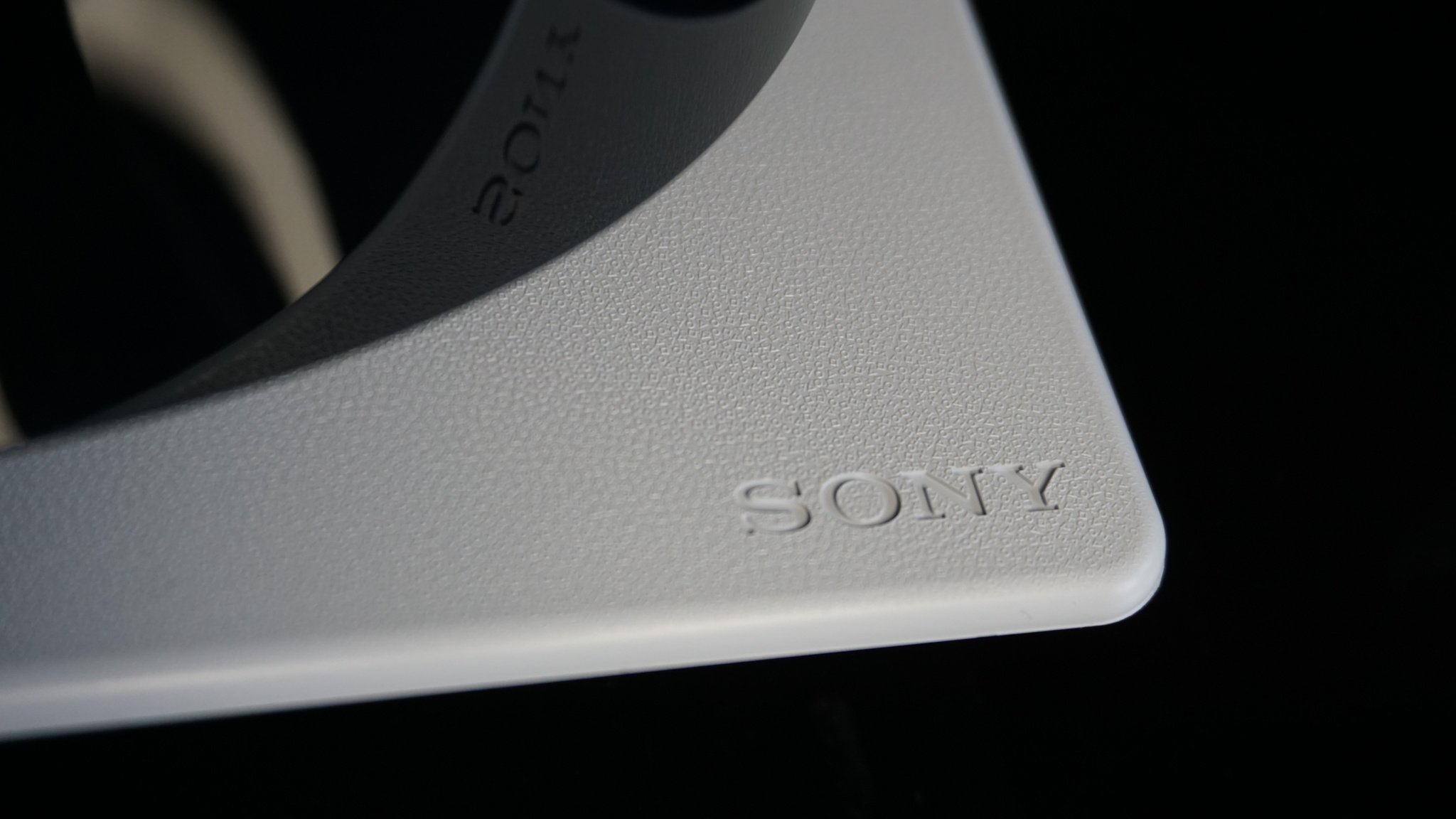
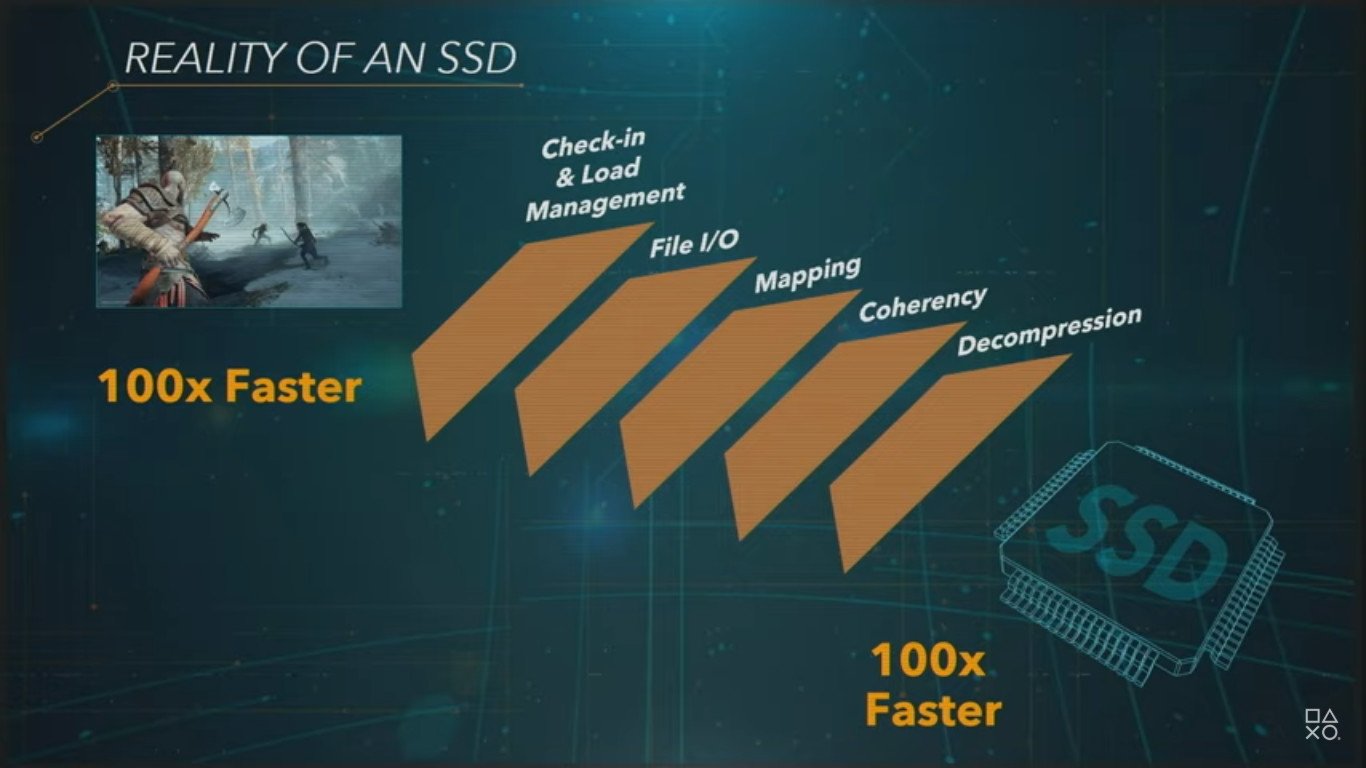
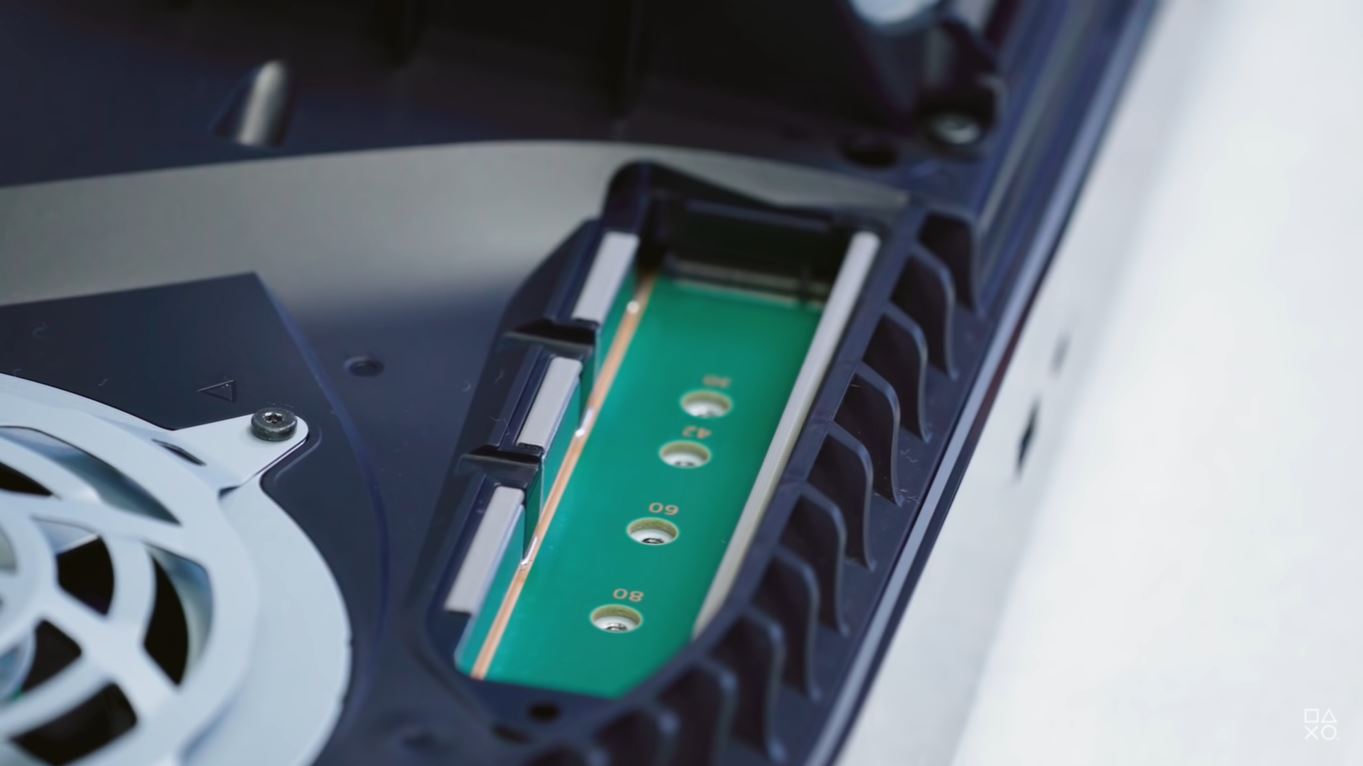
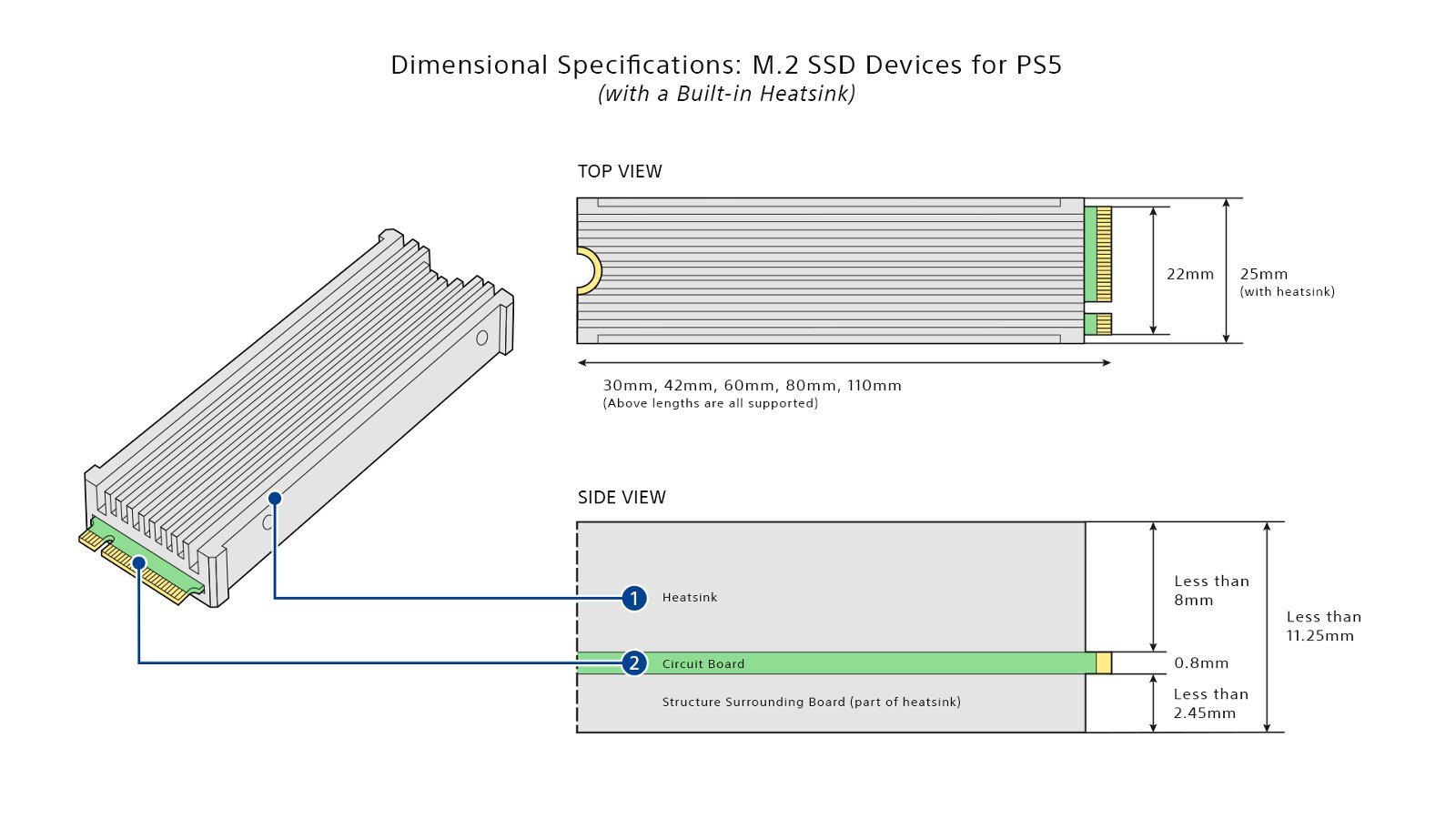
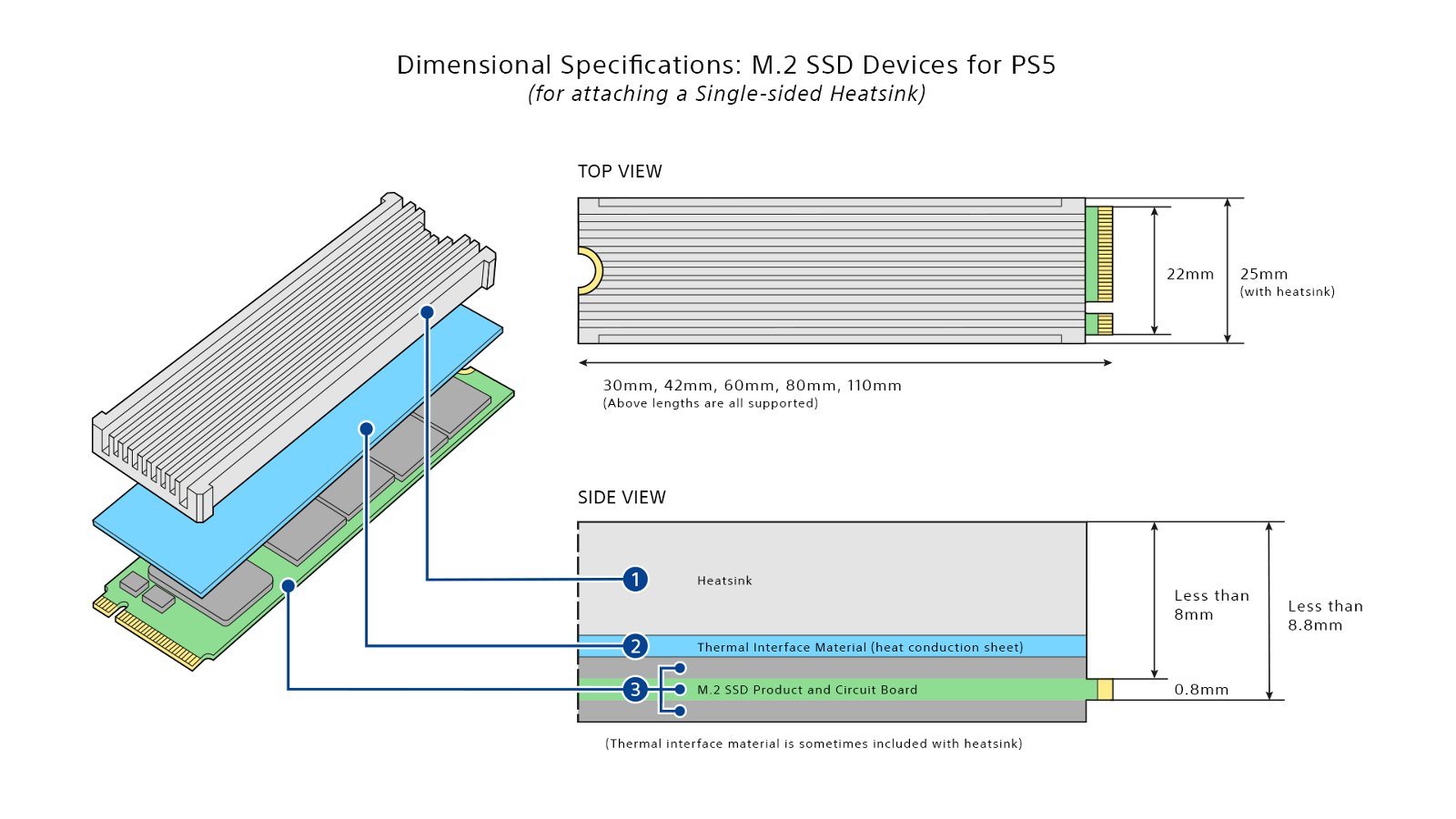
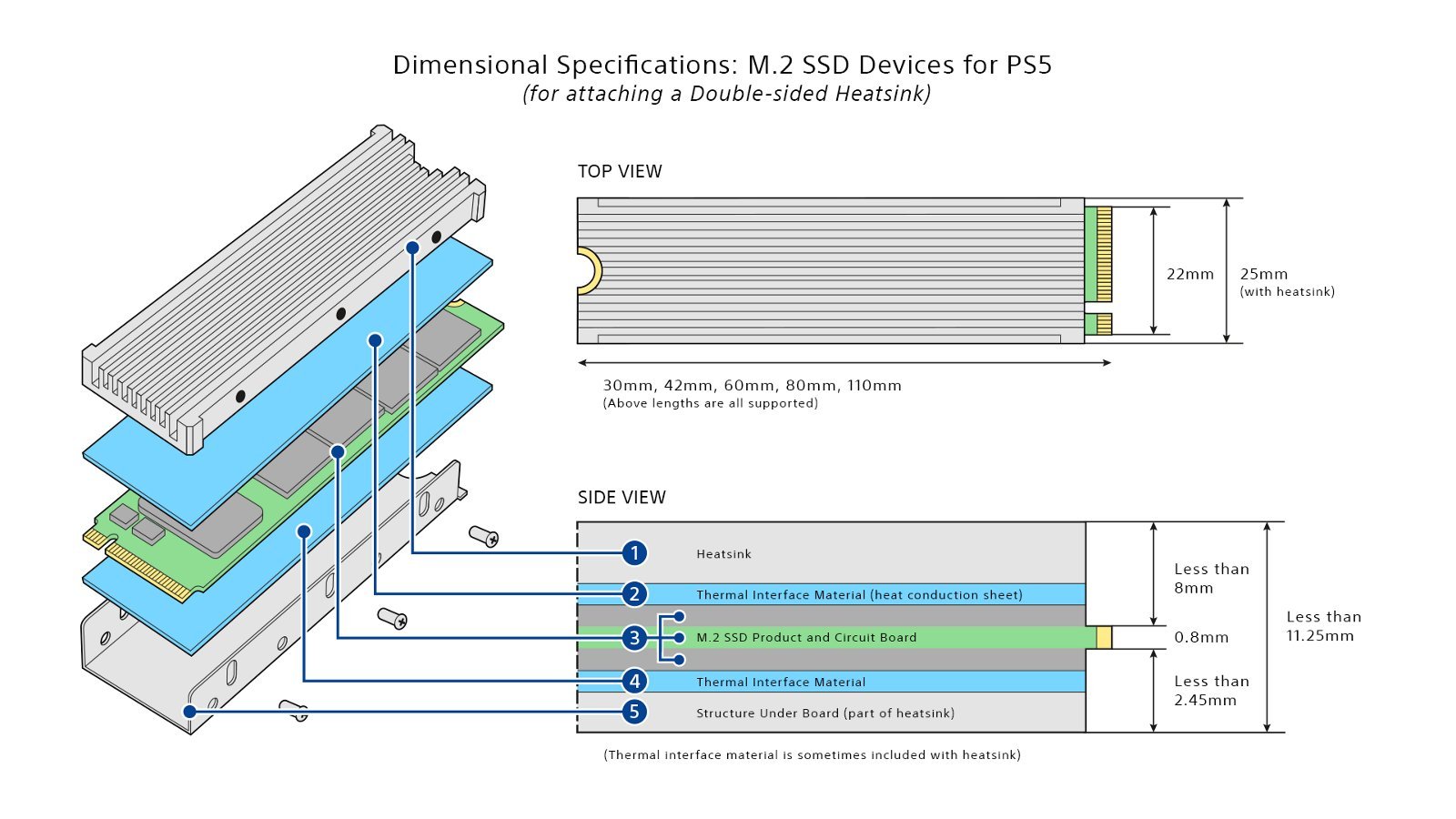
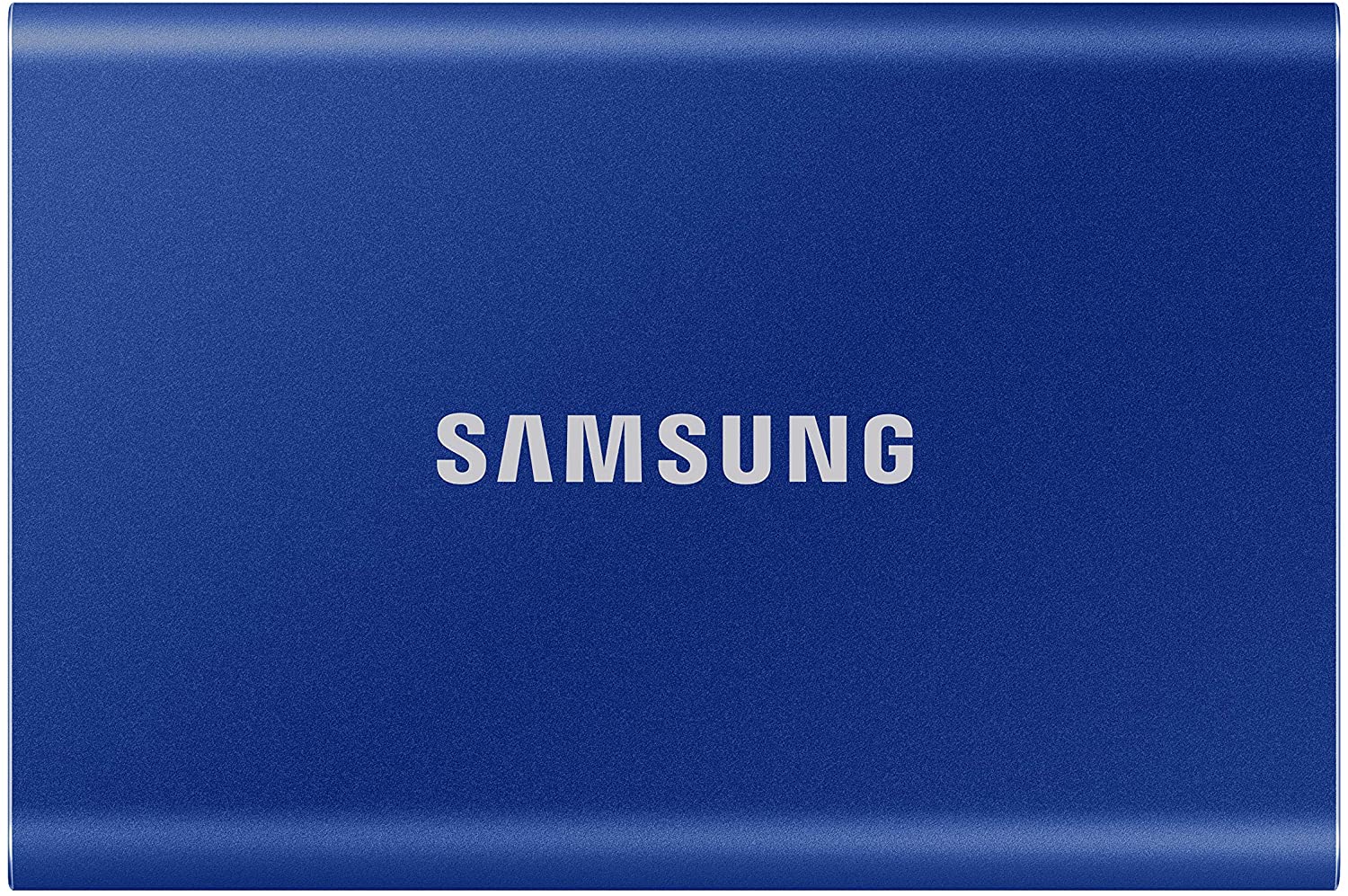
No comments:
Post a Comment